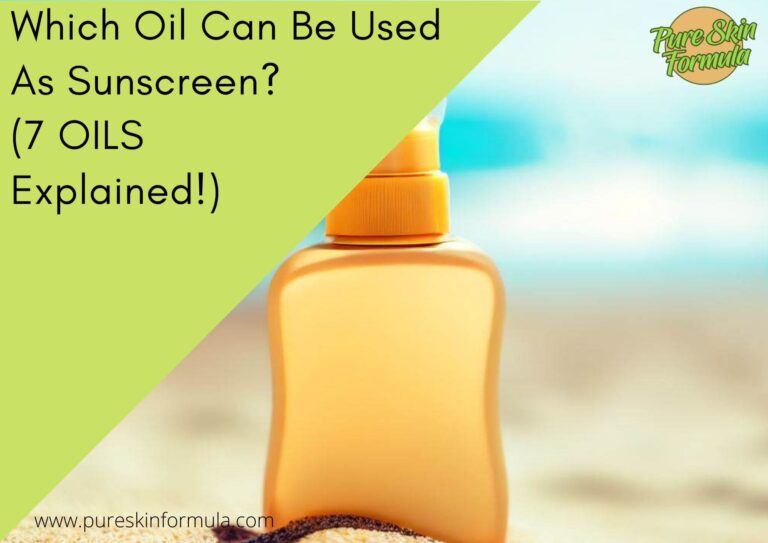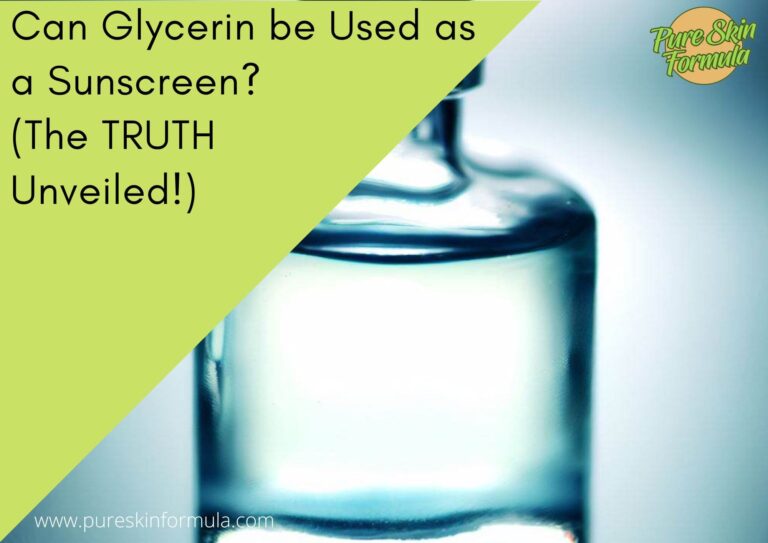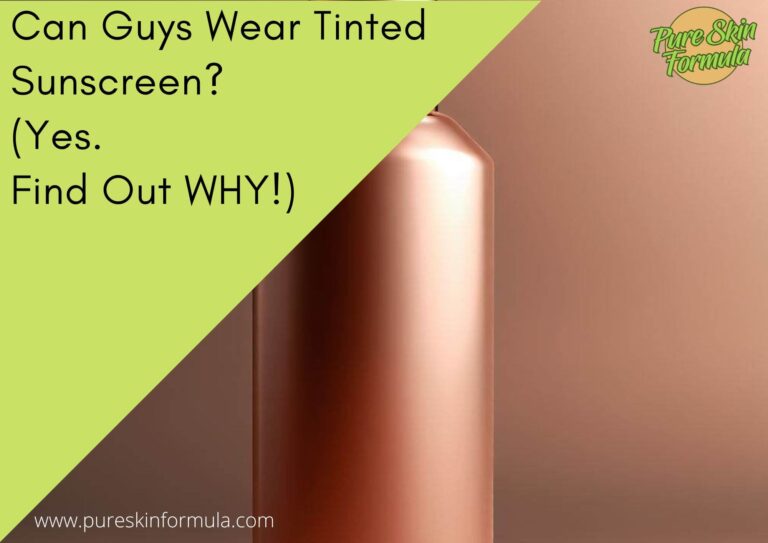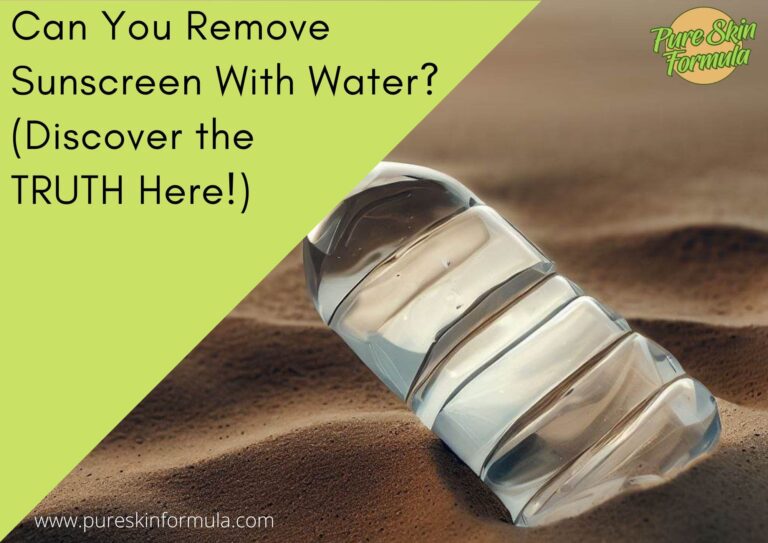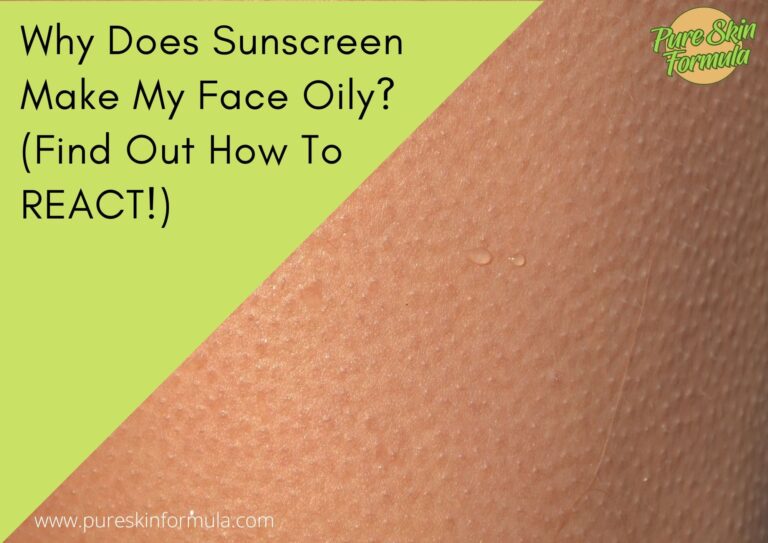Have you ever wondered about the sun protection properties of rosehip oil? Prepare to unravel the truth behind this intriguing notion. Picture yourself basking in the sun’s warm embrace, shielded by sunblock and the essence of delicate rosehips.
In this blog post, we embark on a journey of exploration, separating fact from fiction, to answer the burning question on everyone’s minds. We dive deep into the science, the benefits, and the limitations, unveiling the captivating potential of rosehip oil as a natural alternative to traditional sunscreen.
Can rosehip oil be used as sunscreen?
No, rose water cannot be used as sunscreen. While it has various skincare benefits, including hydration and soothing properties, it does not provide sufficient protection against harmful UV radiation. Sunscreen is formulated with active ingredients that act as a physical or chemical barrier to shield the skin from UVA and UVB rays.
To effectively protect the skin from sun damage, using a broad-spectrum sunscreen with a Sun Protection Factor (SPF) of 30 or higher is crucial. This helps to prevent sunburn, premature aging, and the risk of skin cancer. Sunscreen undergoes rigorous testing to ensure its effectiveness in blocking harmful UV rays, whereas rose water lacks the necessary components for sun protection.
Applying sunscreen generously and reapplying regularly, especially when exposed to direct sunlight for extended periods, is recommended for optimal sun protection.
Let’s start the journey.
Properties of rosehip oil
Rosehip oil (don’t confuse it with rose water/rose oil), derived from the seeds of wild rose bushes, has been used for centuries in skincare and medicinal practices.
The oil is extracted through a process known as cold-pressing, where the rosehip seeds are mechanically pressed at low temperatures to retain the oil’s nutrients and properties. This method ensures that the oil remains pure and potent, capturing the essence of the rosehip plant.
Rosehip oil is packed with a rich nutritional composition that offers numerous benefits for the skin. It is abundant in essential fatty acids, such as omega-3, omega-6, and omega-9, crucial in maintaining healthy skin function. These fatty acids help to strengthen the skin barrier, lock in moisture, and improve overall skin texture.

Rosehip oil is a natural source of antioxidants, including vitamins A, C, and E. They protect against free radicals, damaging skin cells and contributing to premature aging. Vitamin A, in particular, helps to promote skin cell turnover and reduce the appearance of fine lines and wrinkles.
Numerous studies have investigated the potential skin benefits of rosehip oil, yielding promising results. Research suggests that rosehip oil has anti-inflammatory properties, making it beneficial for calming and soothing sensitive or irritated skin. It may also help reduce redness and inflammation associated with eczema and acne.
Furthermore, rosehip oil improves the appearance of scars and stretch marks. Its regenerative properties can aid in healing and promote new, healthy skin tissue formation.
While more research is needed to fully understand the extent of rosehip oil’s benefits, these initial findings highlight its potential as a valuable ingredient in skincare routines. Incorporating rosehip oil into your skincare regimen may contribute to healthier, more radiant skin.
But what about its sun-protective properties?
Exploring rosehip oil as a sunscreen alternative
When it comes to sun protection, you’ve probably heard of SPF. It stands for Sun Protection Factor and measures a sunscreen’s ability to protect the skin against harmful UV rays.
It indicates how long it takes for the skin to burn when wearing sunscreen compared to when you’re not wearing any.
For example, if you usually start to burn after 10 minutes of sun exposure, an SPF 30 sunscreen should protect for about 300 minutes (10 minutes x SPF 30).

SPF primarily measures protection against UVB rays, which are responsible for sunburns.
While rosehip oil does offer some benefits for the skin, it does not have a high enough SPF to be considered an effective standalone sunscreen. Rosehip oil contains certain compounds (antioxidants like vitamin E and carotenoids) with natural sun-protective properties.
These components may protect against UV damage, but more than relying on rosehip oil alone as sunscreen is required. Rosehip oil is not water-resistant and can easily be wiped off or diluted by sweat or water.
More scientific research needs to focus on rosehip oil’s sun protection capabilities. While some anecdotal evidence and testimonials suggest that rosehip oil may provide a minor level of sun protection or help soothe sunburned skin, it should not be considered a reliable substitute for proper sunscreen.
How to incorporate rosehip oil into your skincare routine?
Apply rosehip oil as part of your pre-sun routine to nourish and hydrate your skin. Its moisturizing properties can help create a healthy skin barrier before sun exposure.
After spending time in the sun, rosehip oil can soothe and replenish the skin. Its anti-inflammatory properties can help calm any redness or irritation caused by sun exposure.
Use rosehip oil during nighttime. Its regenerative properties can aid in repairing the skin overnight, especially after sun exposure.
Before introducing rosehip oil, perform a patch test on a small area of your skin to check for any potential allergic reactions or sensitivities.
Look for cold-pressed, organic rosehip oil from reputable brands to receive purity and quality. This ensures that you are using a product that retains its beneficial properties.
Tailor the use of rosehip oil to your specific skin needs. It can be used as a standalone oil, mixed with your moisturizer, or incorporated into DIY face masks. Experiment to find the application method that works best for you.
Successful complementary action to enhance sun protection

Invest in a high-quality, broad-spectrum sunscreen with an appropriate SPF. Apply it generously to all exposed areas of your skin and reapply regularly, especially when spending extended periods in the sun.
Wear sunscreen with protective clothing, such as wide-brimmed hats, long-sleeved shirts, and UV-blocking sunglasses. This physical barrier adds an extra layer of defense against harmful UV rays.
Whenever possible, seek shade during peak sun hours, typically between 10 am and 4 pm. Limiting direct sun exposure can significantly reduce the risk of sun damage.
Final thoughts
While rosehip oil possesses numerous skincare benefits, it falls short as a standalone sunscreen. Although it contains natural compounds that offer some sun protection, it does not provide adequate defense against harmful UV radiation.
To safeguard your skin effectively, it’s essential to incorporate broad-spectrum sunscreen with a suitable SPF into your daily routine. Rosehip oil can still be a valuable addition to your skincare regimen, offering hydration, soothing properties, and potential anti-aging effects.
Consult a dermatologist for personalized recommendations, and always prioritize proper sun protection measures for healthy, radiant skin. Embrace the beauty of rosehip oil, but remember to shield yourself from the sun’s powerful rays.
Thank you for reading!
Valeria


